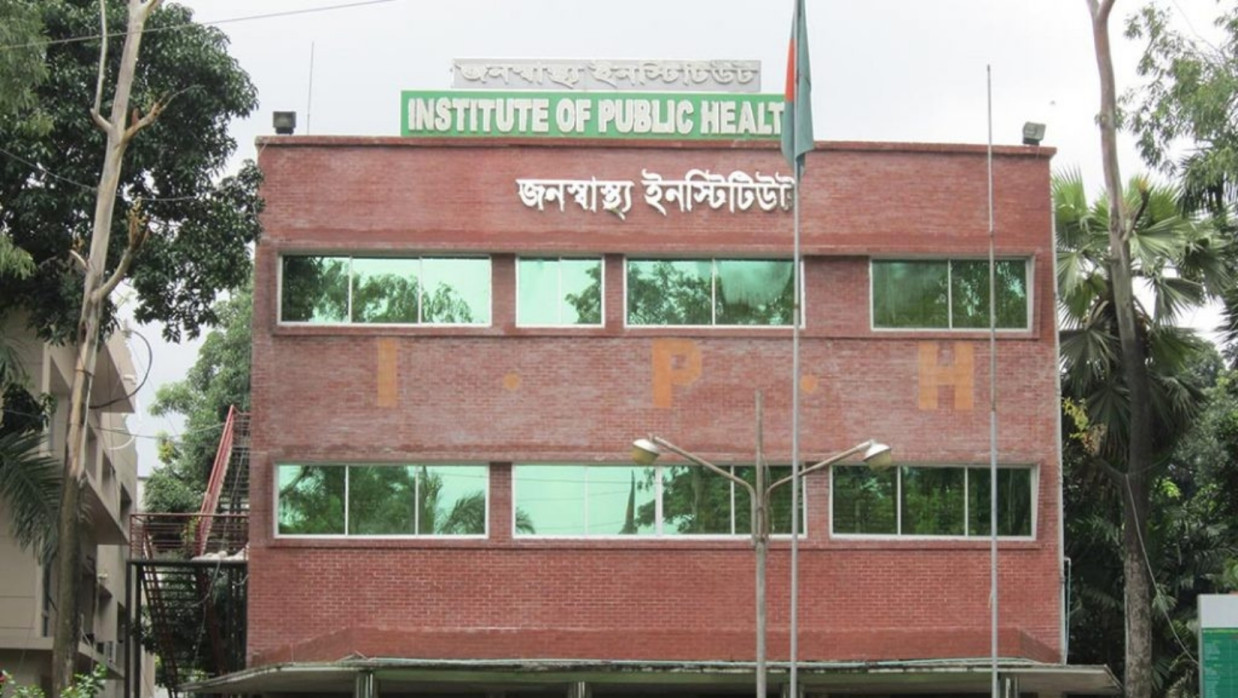Idle Machinery at the Institute of Public Health: A Neglected Asset

The Institute of Public Health, established in 1953, is now in a state of stagnation. One by one, critical units of the institute have been shut down, severely impacting the country’s public health system. The vaccine production unit, which once manufactured rabies, diphtheria, tetanus, and antisera vaccines, has been closed. Similarly, the intravenous (IV) fluid production unit, CAPD fluid unit, blood bag production unit, quality control laboratory, and workshop unit have all ceased operations. The equipment in these units, each worth crores of taka, with some valued at 10 to 15 crores, lies idle, gathering dust.
On Sunday, May 18, a correspondent from The Daily Campus visited the institute and witnessed this grim reality of unused machinery.
An official from the Institute of Public Health, speaking anonymously, stated, “The institute was once a cornerstone of the nation’s healthcare system. Established to produce essential medicines, medical equipment, and supportive healthcare products in the public interest, it ensured affordable, accessible, and high-quality healthcare services for years. Today, however, it is virtually defunct. Stagnation, neglect, and administrative indifference have led to the closure of one critical unit after another, creating a profound gap in the country’s public health framework.”
The official highlighted the vaccine unit as one of the institute’s most vital components. “It used to produce rabies, diphtheria, tetanus, and antisera vaccines, playing a pivotal role in child health, infectious disease prevention, and managing accident-related infections. Now, with the unit closed, the country relies entirely on imports or the private sector to meet its vaccine needs,” they added.
According to institute sources, the government has not only shut down the vaccine unit but also several other essential facilities, including the IV fluid production unit, CAPD fluid unit, blood bag production unit, quality control laboratory, and workshop unit. These units house numerous pieces of high-value equipment, each costing crores of taka, now lying idle. These facilities once played a crucial role in supplying life-saving materials to government hospitals, upazila health complexes, and medical camps across the country.
The sources further noted that the institute’s current state reflects broader issues of long-term mismanagement, lack of planning, and limited state prioritization in the healthcare sector. “At a time when the government is expected to ensure healthcare for all, the closure of the institute’s production units and the idling of valuable equipment are nothing short of astonishing,” they remarked.
Dr. Md. Mominur Rahman, Director of the Institute of Public Health, commented, “Many units here were shut down by the government long ago. A shortage of manpower has disrupted several operations. However, discussions with the authorities to address these issues are ongoing.”








